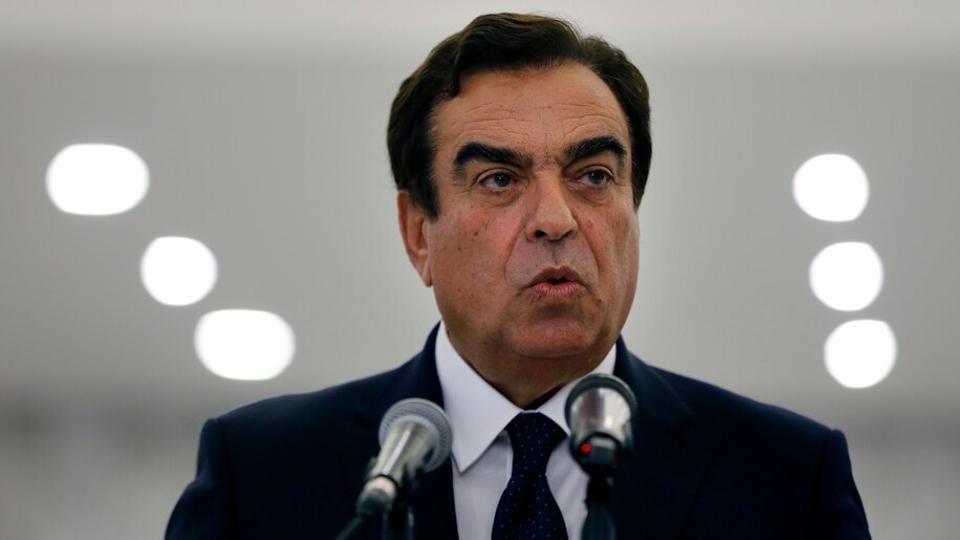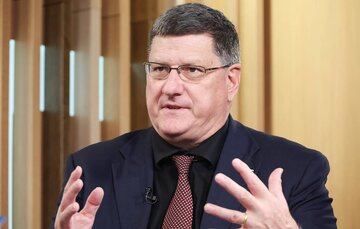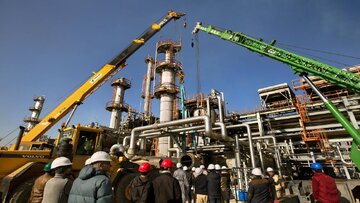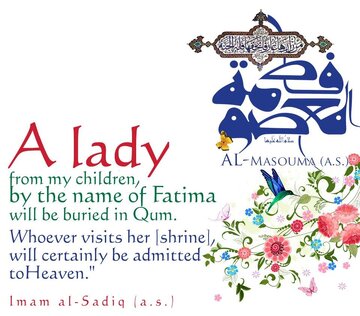AhlulBayt News Agency (ABNA): The decision by Saudi Arabia and the Gulf countries to impose import restrictions on Lebanon comes at a critical time for the little country as it is facing its worst economic and financial crisis in modern history.
Saudi Arabia summoned Lebanon's ambassador in response to the Minister of Information George Kordahi's criticism of the Saudi-led military coalition fighting Yemeni rebels. In solidarity with Saudi Arabia, the United Arab Emirates (UAE), Bahrain, and Kuwait took diplomatic action and put a blanket embargo on all imports from Lebanon. It comes just days after the Lebanese Minister of Information made comments concerning the Saudi-led military intervention in Yemen that prompted fury in the country.
Since 2014, Yemen has been engulfed in war, forcing the internationally recognized government to flee to the south, then to Saudi Arabia. In March 2015, a Saudi-led coalition, backed by the US, began the conflict to return the government to power. Despite a never-ending air campaign and ground battles, the war has resulted in the world's worst humanitarian disaster (Tayyab, 2021).
For a variety of reasons, the United States is involved in Yemen. Supporting the Saudi-led coalition allows them to grow their authority in the Middle East while supplying weapons to Saudi Arabia and the UAE contributes to a solid economic profit and jobs in the US weapons manufacturing industry.
The decision of the Saudi diplomatic escalation was made after a video circulated on social media in which the Lebanese Minister of Information George Kordahi labeled Saudi Arabia and the United Arab Emirates' war in Yemen as futile, he went on to say that the war in Yemen is absurd and that it must end because he opposes Arab-Arab wars. Najib Mikati, Lebanon's prime minister, asked President Michel Aoun to make the necessary decision in the national interest. Furthermore, he showed regret over Saudi Arabia's decision and his government categorically condemns anything that threatens Saudi Arabia's close fraternal connections.
Most importantly, the decision by Saudi Arabia and the Gulf countries to impose import restrictions on Lebanon comes at a critical time for the little country as it is facing its worst economic and financial crisis in modern history. Saudi Arabia, a regional economic giant and one of the world's greatest oil producers and exporters has long been an important market for Lebanese goods. Notably, Saudi Arabia and the Gulf Cooperation Council (GCC) were previously important political and economic partners of Lebanon. However, they have recently taken a back seat. Saudi Arabia and Lebanon have had difficult relations in recent months over "Hezbollah's rule" of the small country, according to the kingdom. Some of the Saudi outrage at the remarks of the Lebanese minister stems from the huge regional and worldwide pressures and criticism the Saudis are facing as a result of their crimes in Yemen.
Significantly, the government officials gathered in Beirut to discuss the matter, which is expected to have serious consequences for Lebanon. According to Lebanon's Foreign Minister, the US can assist in resolving this issue.
Lebanon's Prime Minister, Najib Mikati, expressed his displeasure with Saudi Arabia's action and encouraged the country to rethink. He went on to say that the words in no way reflect Lebanon's attitude toward Arab countries, particularly Saudi Arabia (Fara, 2021).
Moreover, Kordahi's comments do not reflect the government's perspective, which noted that the minister spoke before assuming office last month. President Michel Aoun stressed that Lebanon wishes the best possible relations with Saudi Arabia and its neighbors.
After mounting tensions erupted following critical statements by a Lebanese official against the Saudi-led military involvement in Yemen, Lebanon is eager to enhance ties through bilateral agreements.
Lebanon's prime minister and the president expressed their regret at the decision of Saudi Arabia, asking the minister of Information to make the correct decision. A ministerial meeting has been called in the wake of public debate about whether Mr. Kordahi, a member of a Hezbollah-aligned political bloc, should resign. There are concerns that resignation(s) will have unexpected effects, putting the country's coalition government in jeopardy.
Lebanese officials have been scrambling to find a solution to a diplomatic crisis with Saudi Arabia and other Gulf countries.
The US State Department stressed that all diplomatic lines between the parties must stay open to ensure meaningful conversation on the serious challenges facing Lebanon. Qatar’s Foreign Ministry has also urged to calm the situation and speed the healing of the split. Oman, which has historically served as a conduit between Iran and the West, urged everyone to "show restraint and seek to avoid escalation and resolve issues via communication and understanding."
According to Arab League Secretary-General Ahmed Aboul-Gheit, this issue has inflicted a major setback in Lebanon's relations with Gulf countries. He urged Lebanon's president and prime minister to take action to alleviate tensions, with Saudi Arabia. He also urged Gulf authorities to reconsider policies that could wreak havoc on Lebanon's already devastated economy (Dawn, 2021).
/129
3 November 2021 - 05:26
News ID: 1194888

The decision by Saudi Arabia and the Gulf countries to impose import restrictions on Lebanon comes at a critical time for the little country as it is facing its worst economic and financial crisis in modern history.




